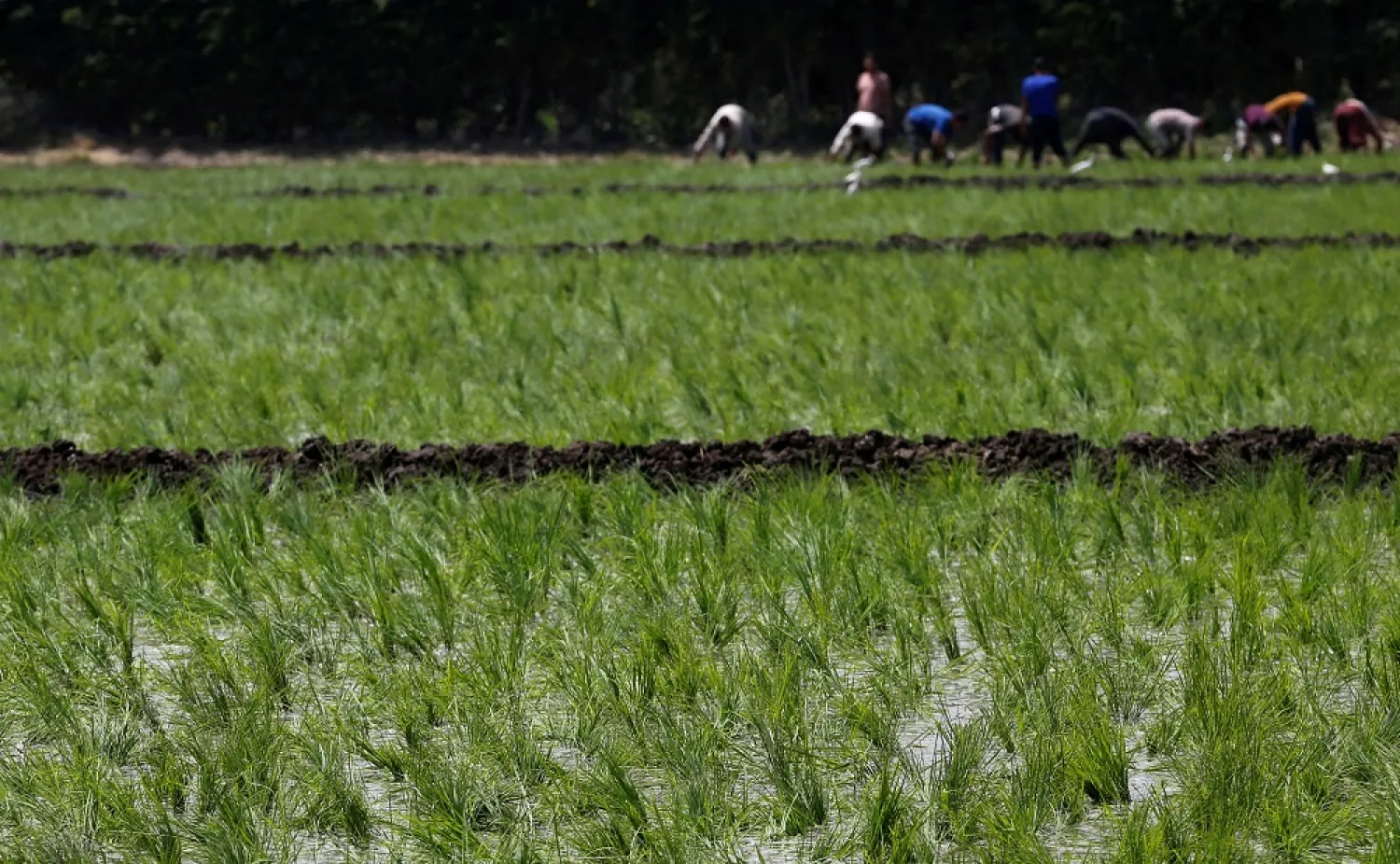Egypt is studying the latest developments in smart irrigation applications to conserve water, in light of the scarcity of freshwater resources and the expected crisis resulting from failure to reach an agreement on the Ethiopian Grand Renaissance Dam (GERD).
Egypt is officially at a water poverty stage, in which the per capita share is less than a thousand cubic meters annually.
The government is implementing the Strategic National Water Plan 2037 to manage and meet water demand, with investments of nearly $50 million.
The plan includes various projects such as desalination of seawater, converting agricultural lands to modern irrigation and treating wastewater.
On Tuesday, Minister of Water Resources and Irrigation Mohamed Abdel Aty held a meeting with experts and engineers who developed the applications for smart irrigation systems.
They discussed various irrigation projects developed abroad, such as the date palm farms in the al-Ahsa region of Saudi Arabia.
The smart irrigation systems help conserve water and increase crop productivity by assessing plant requirements with the level of soil moisture. It also takes into account a number of other factors, such as salinity and temperature.
The meeting reviewed the applications implemented in Egypt, including the experiments carried out as part of the sugar beet farms project in the Minya governorate.
They also discussed the possibility of applying smart systems in a number of areas in Egypt. This will take place in preparation for a large-scale application of the appropriate system in terms of price and technology, according to the farm area and capabilities.
Abdel Aty said the ministry encourages farmers to switch to modern irrigation systems, as an alternative to the traditional systems.
They help raise crop quality and productivity, reduce operating costs and increase farm profitability through the effective use of labor, energy and water.
The Ministry has produced a hand-held device to measure the degree of agricultural soil moisture. The device sends a message to the farmer’s mobile phone regarding water levels, helping them make the appropriate decisions regarding their crops.
The Ministry said the system for smart irrigation complement its efforts in the national project to reduce water losses. The project improves water management, distribution and delivery to the canals. It also aims to improve the living standards of citizens by providing job opportunities, improving the environment, encouraging citizens to preserve waterways and reduce pollution.









